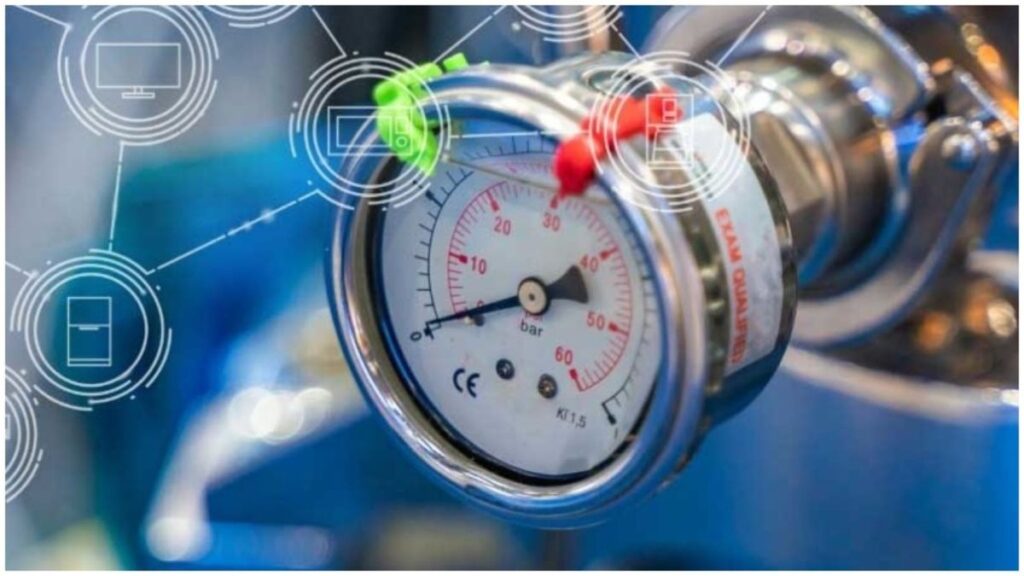The Bangalore Water Supply and Sewerage Board (BWSSB) has launched a citywide inspection drive at its reservoirs and treatment plants to tackle the growing challenge of “unaccounted-for water” (UFW). Officials have been directed to complete surveys and submit detailed reports by the end of the month, mapping the extent, location, and causes of water losses.
Also read: GBA begins September 2: Officers reassigned, key posts notified
The move follows a spike in UFW after the phased commissioning of the Cauvery Stage V project in October last year. Bengaluru currently receives about 2,225 million litres of treated water daily through 11.5 lakh connections. However, significant leakages mean that a considerable portion of this supply never reaches consumers, despite treatment costs averaging Rs 48 per kilolitre. These recurring losses pose both financial and operational concerns for the utility.
National standards for UFW
National standards set by the Central Public Health and Environmental Engineering Organisation (CPHEEO) allow up to 15 percent UFW, but Bengaluru has consistently reported higher levels. To address this gap, BWSSB has formed dedicated teams comprising its engineers, field staff, and external specialists in leak detection. These groups will inspect infrastructure across the city to establish an accurate picture of current losses.
Bengaluru’s UFW levels, once alarmingly high at over 50 percent in 2007, were gradually reduced to 29 percent by 2022 and further to 27 percent in 2024. The recent increase to nearly 30 percent, however, underscores the need for renewed measures to prevent wastage and safeguard resources.

